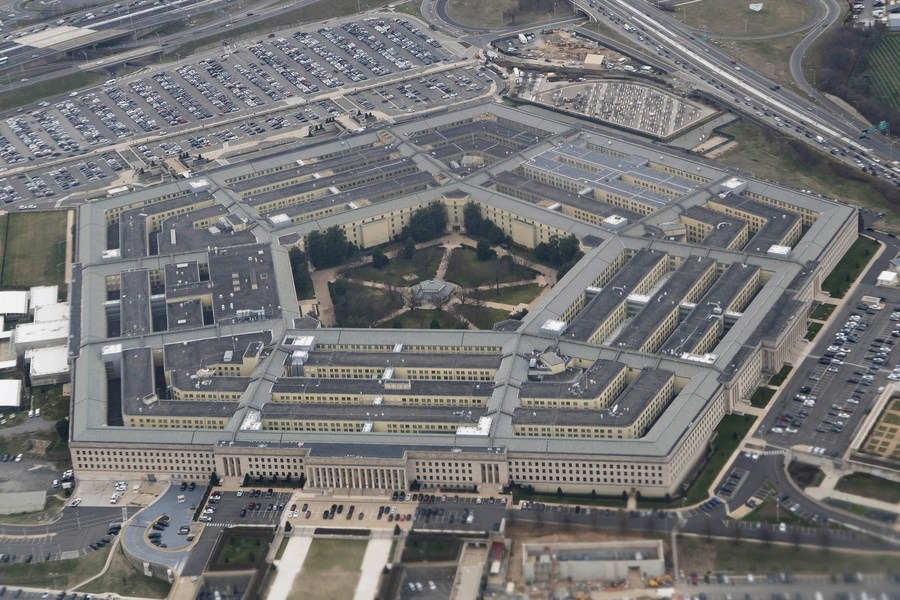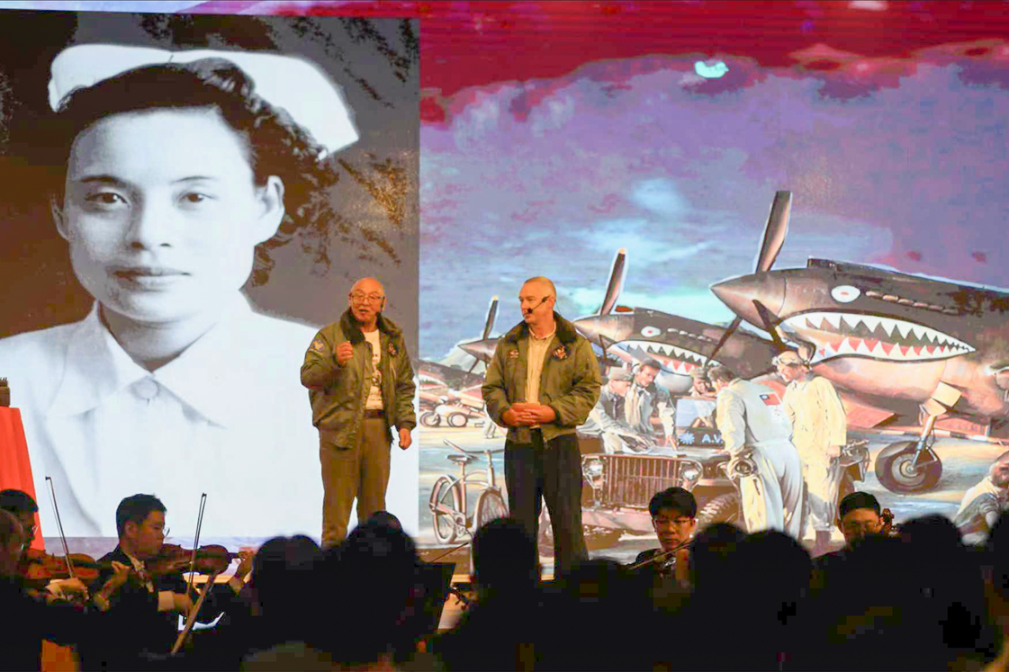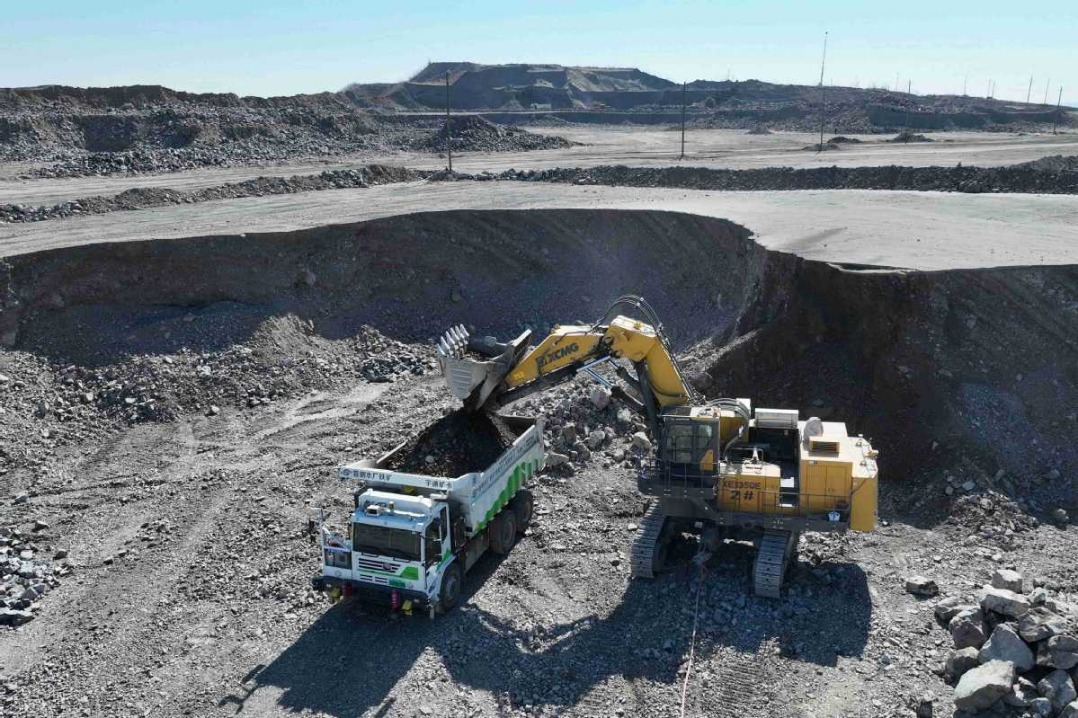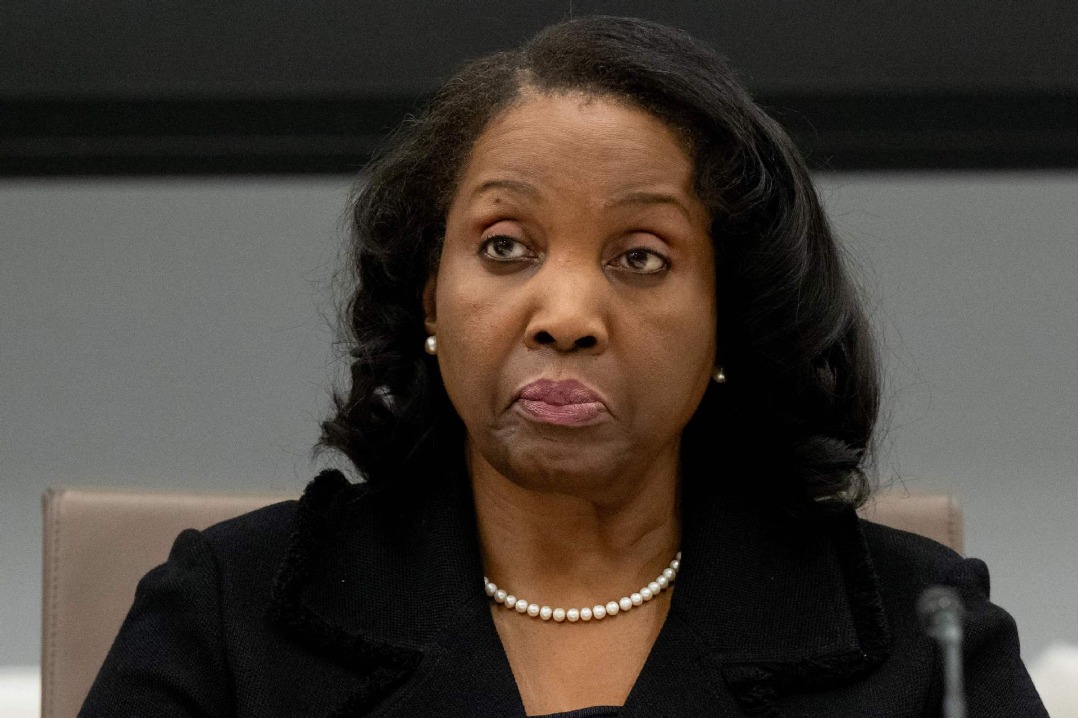Japan's new push on militarism slammed

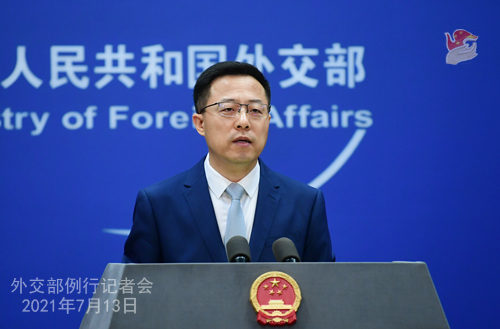
Before World War II, an imperial edict imbued young minds with militarism in Japan. Now, the nation's leaders are at it again, only this time the instrument is called a defense white paper targeting children, rather than the Imperial Rescript on Education penned in the Meiji era.
In a move reminiscent of prewar Japan, the Japanese government last week released the defense white paper with content tailored for elementary and junior high school students.
At first glance, the 30-page report gives an explanation of issues including Japan's national security environment, its relations with nearby countries and new battlefields such as space and cyberspace. But the document hypes up tensions in a way that is likely to create a sense of threat in the minds of the young readers.
In one chapter on the security environment affecting Japan, the paper said: "Not only are countries with the greatest military power in the world gathering, but they are also strengthening their military power and activating military activities." It goes on to accuse China of "increasing the amount of money it spends on the military at a fast pace without giving detailed explanations".
In response, Chinese Foreign Ministry spokesman Zhao Lijian said on Friday that China firmly objects to Japan's defense paper aimed at children, and has lodged solemn representations with Japan, urging Tokyo not to mislead the next generation.
"China has made clear its solemn position on the Defense of Japan 2021 white paper," Zhao said. "I would like to stress once again that China firmly opposes Japan's unreasonable accusations against China's normal defense building, irresponsible remarks on China's legitimate maritime activities and the hypeup of the so-called 'China threat'."
Zhao said the document was a means for Tokyo to smear China.
"It is not constructive at all for Japan to highlight external threats and incite confrontation among minors," he said. "The Japanese side should earnestly face up to and reflect on history, learn lessons from history, and refrain from taking wrong actions to mislead its people, especially the next generation."
Sparking strong protest
The document has also sparked a strong protest from the South Korean government, which lodged diplomatic protests with Japan in Seoul and Tokyo. The country urged Japan to "immediately delete the document".
Liu Qingbin, a professor at the Institute of Advanced Sciences at Yokohama National University, said the Japanese move is a completely retrogressive approach that the country's neighbors cannot fail to link with Japan's brutal past.
"Before World War II, the Imperial Rescript on Education brainwashed young people into supporting territorial expansion by convincing them that they were doing it for Asia's own good because it is much easier to rally people like this than rally people around a mission that they believe is about killing or exploiting people," Liu said. "Now they are indoctrinating children again and people start to wonder, what's it for this time?"
















